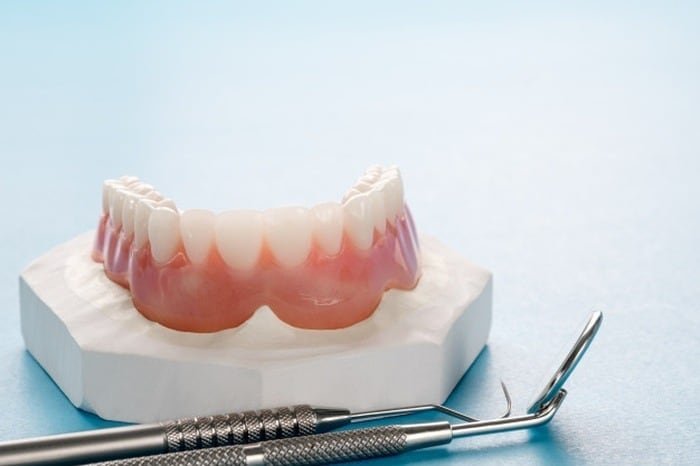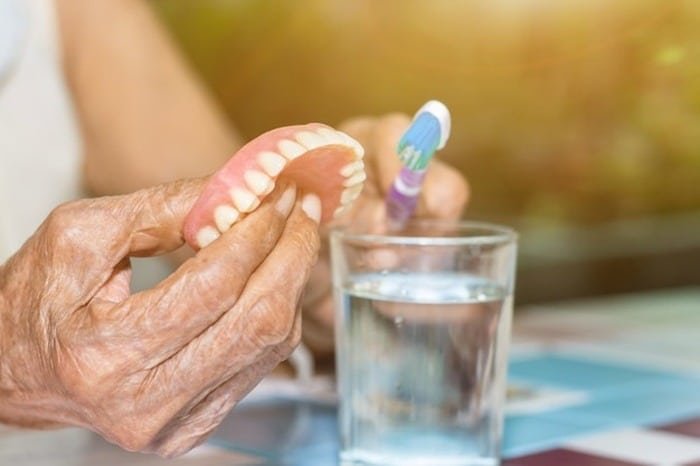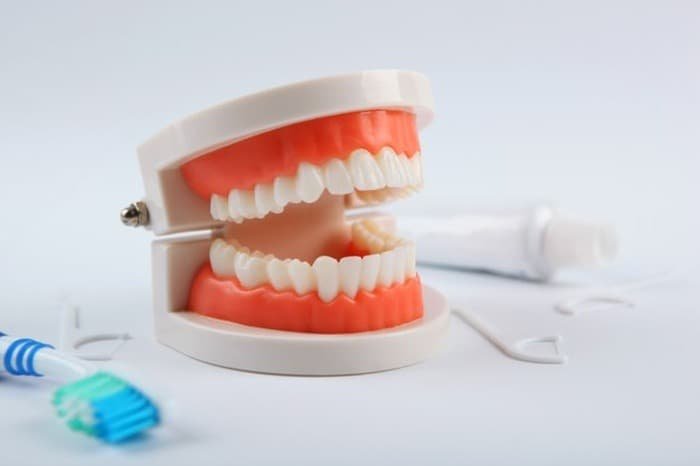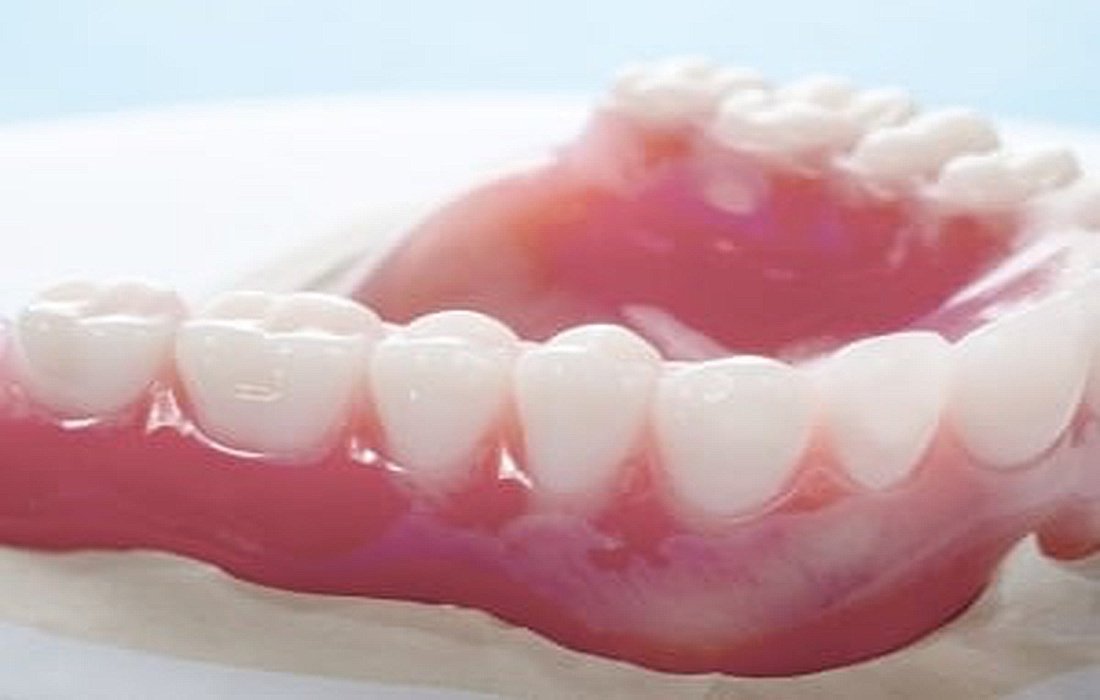Important Facts About Dentures and Their Care
Various factors and neglecting oral hygiene can lead to deterioration andtooth decayDecay can occur. Neglecting to treat decay can lead to tooth loss, forcing individuals toextract the toothand use a replacement called a denture. Those who lose their permanent teeth can opt for complete dentures or partial dentures if they still have some permanent teeth. Maintaining oral hygiene after getting dentures is crucial for longevity, enhancing the lifespan of the denture. In this health and wellness section ofSelMagzwe present important information about dentures and their hygiene that you may find interesting.
Do Dentures Expire?
Over time, dentures can change color and wear down, influenced by chewing habits,teeth grindingoral hygiene practices, enamel hardness, etc., affecting their condition. However, age does not affect dentures, and they can maintain their quality even after thousands of years; therefore, dentures do not have an expiration date.

A Few Important Things You Should Know About Dentures
– The right time to get dentures depends on the healing progression of the jaw and the dentist’s diagnosis. Generally, individuals should seek dentures three to six weeks after losing their teeth.
– If a person has not lost all their teeth and some remain healthy, they should use partial dentures, which come in metal and plastic models. The dentist will determine the appropriate type based on jaw structure and other factors. Metal partials may not look as attractive as plastic ones, but they have metal clasps and offer better hygiene and health conditions.
– The lifespan of dentures depends on the individual’s chewing habits, teeth grinding, and adherence to hygiene. Typically, dentures can last up to ten years, and they can often be repaired rather than replaced. However, individuals withParkinson’s diseasedue to jaw tremors may need a replacement each year.
– Dentists recommend that individuals use implants after tooth extraction because once a tooth is removed, jaw bone atrophy begins, and over the long term, even a small impact can lead to jaw fractures. It’s important to note that dentures do not prevent jaw atrophy. The best way to prevent this is to place something in the jaw to support the surrounding bones, and the best solutionis an implant..Tips for Dental Hygiene and Denture Care

1. Individuals with dentures should remove them after every meal and rinse with warm water and a toothbrush.
2. After removing the dentures, it’s advisable to rinse the mouth with warm water and a diluted saline solution, using a soft toothbrush, and massage the gums with your index and thumb fingers to stimulate blood flow and enhance resistance, as well as to massage the roof of the mouth.
3. For avoiding fungal and infectious diseases in the mouth, individuals with dentures should remove them while sleeping.4. Not removing dentures during sleep increases the chances of plaque buildup on the tongue and dentures, gum inflammation, and fungal infections.5. Those with partial dentures should remove them after meals and brush any remaining natural teeth.
6. Individuals with partial dentures should use two toothbrushes—one for cleaning natural teeth and the other for cleaning the dentures.
7. Those with dentures should soak them once a week in a cleaning solution (one teaspoon of

vinegaror household bleach combined with one cup ofwarm water
) for five minutes. Afterward, rinse the dentures under running water before placing them back in the mouth.
8. IIndividuals with dentures should remove them while showering and soak them in a cleaning solution.9. If individuals with dentures maintain proper hygiene and care, they do not have specific dietary restrictions, and they can enjoy a more varied diet depending on the quality of their jaws.10. Gums should rest for six to eight hours a day, hence individuals with dentures should remove them for eight hours to allow the jaw to rest.11. Individuals with dentures should not use toothpaste as it contains abrasive materials that can wear down plastic dentures.12. Those with partial dentures should avoid using acidic cleaning products like vinegar, as these can corrode and discolor the metal.
dentures

denture expiration
artificial teeth
important issues about dentures
removing dentures







